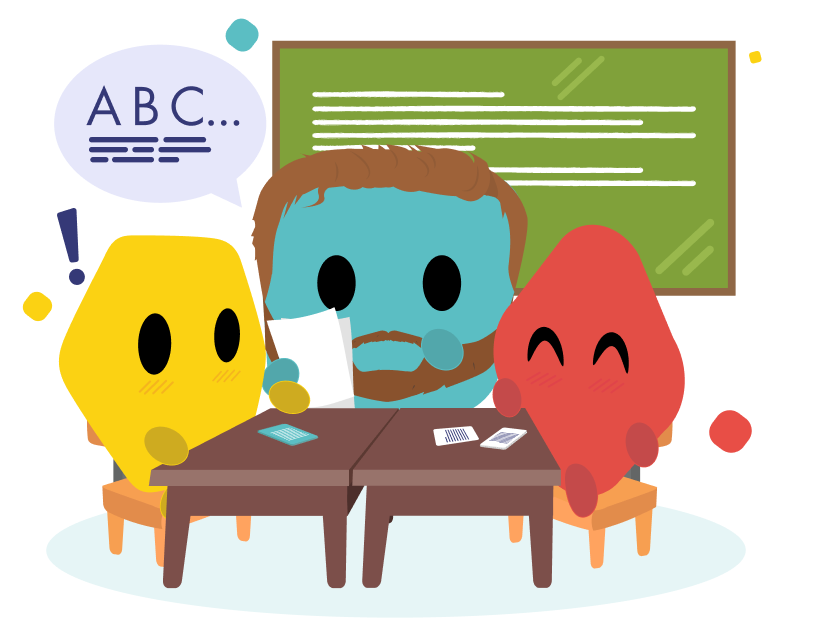- Project
- Underway
Connecting and comprehending through play: What are the opportunities for language comprehension development through board games at home and school?

Peter Hart Lecturer in Inclusion, Childhood and Youth
Peter Hart is a Lecturer at the School of Education, University of Leeds. His area of expertise is Inclusion, Childhood and Youth, and his thesis addressed ethical issues in working with youth. His current research focuses on the use of games in education, safeguarding and professional ethics on education and on reading comprehension.
-
Project start date :
2023/01/02 -
Status :
Underway -
Research organization :
School of Education, Université de Leeds -
Team :
Dr. Paula Clarke (School of Education, Université de Leeds)
In 2022, Game in Lab selected Dr Peter Hart’s project to assess the potential of board games to support the development of language comprehension and inferential skills among eleven- and twelve-year-old school children. The project aims to identify the possibilities of using games to help learners prepare for secondary education.
Project overview
In 2019, 27% of children in the UK failed to reach the expected reading level by the end of primary school, leading to many children entering secondary education with low reading comprehension skills. Inference is the ability to connect incomplete information in a text with pre-existing knowledge to understand the meaning of the text. Therefore, inference is an important ability that affects students’ written comprehension. Thus, there is a significant need for innovative, flexible and inexpensive methods to develop inference abilities. This research project aims to assess the acceptability and feasibility of using board games to develop students’ inference skills at school and at home.

Methodology
The research protocol has several stages:
- An online survey is sent to primary and secondary schools on how to use games in the classroom to develop reading comprehension.
- Inference (deduction) games are used with eleven- and twelve-year-old pupils for a period of twelve weeks. Then, observations, interviews and focus groups are conducted with education assistants and students.
- Families also receive games for the children to play at home for twelve weeks. Then, a consultation is held to receive feedback from the families on the use of the games at home.
Outcomes
The results of this study are pending. This research should be considered a feasibility study that will help understand the possibilities and potential obstacles of using board games to develop reading comprehension at school and at home, which will help to develop future experimental protocols.
